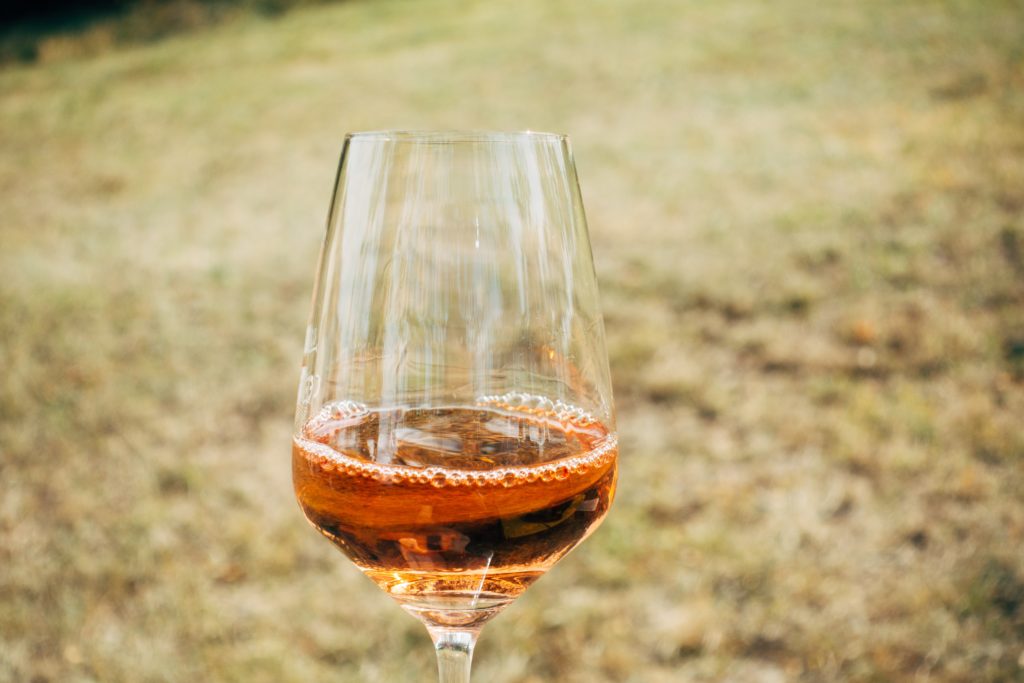How Florida Beverage Laws Affect Fortified Wine

Fortified Wine – What Is It?
“Fortified wine” generally refers to any wine to which a distilled spirit has been added. Common examples of fortified wine include port, sherry, madeira, and vermouth. The most common fortifying ingredient is brandy, a liquor produced by distilling wine. Not surprisingly, Florida law (and indirectly federal law) does a fine job of handling brandy-fortified grape wine, but questions remaining concerning more exotic varieties: Will adding a fortifying spirit make the product no longer wine? Put another way, how can wine be fortified and still be considered wine?
The Florida Statutes define fortified wine as all wines containing more than 17.259% alcohol by volume (ABV). See Fla. Stat. s. 564.01. “Wine”, in the same statute, is defined as all beverages made from fresh fruits, berries, or grapes, either by natural fermentation or by natural fermentation with brandy added, “in the manner required by the laws and regulations of the United States.” The statute also includes in the category of wine “sake, vermouths, and like products.” The Florida Division of Alcoholic Beverages and Tobacco (ABT) has confirmed that cider and mead are both considered wine under Florida law. See ABT Informational Bulletin 2016-001. So, can sake, cider, and mead by fortified, and will it still be considered as wine under Florida law?
Fortified Wine Must be Fortified from the Same Base Ingredient
To be considered wine (and not a distilled spirit product) for federal and state legal purposes, fortified wine must be fortified only with “brandy or wine spirits” made from the same fruit as the wine and the fortified wine must not exceed 24% ABV. See 26 U.S.C. sec. 5373. For instance, grape wine may only be fortified by brandy. Accordingly, fortified cider will still be considered wine only if it is made by adding apple brandy or applejack to cider. Fortified mead may only be made by adding to mead a distillation of mead or “honey jack.” However, a 1977 ATF ruling clarified that imported fortified wine can be made from other sources of alcohol “provided the use of alcohol is regarded as an authorized fortification procedure and as a standard winemaking process in the country of origin and further provided that the alcohol content is not increased to more than 24 percent by volume.” See ATF Ruling 77-33.
Excise Taxes and License Implications for Fortified Wine
In Florida, adding any other distilled product to wine means that the product can no longer be considered wine. This has implication for the applicable excise tax rates (both federal and state), the labeling requirements for the product, and the licenses required to make, distributor, and sell at retail the distilled spirit product.
The federal excise tax rate on fortified wine ranges from $1.07 to $3.15 per gallon, depending on the alcohol content. The Florida excise tax rate on fortified wine is $3.00 per gallon, whereas the Florida excuse tax rate for non-fortified wine is $2.50 per gallon. (Tax rates current as of November 2021.)
Florida wineries (holding an AMW license ) are permitted to make fortified wines. The ABT’s approved wine manufacturing report does require the manufacturer to report all fortified wine made or received from other wineries. However, federal and Florida require require a distillery license to make brandy or other wine spirits. Federal law expressly allows wineries to obtain wine spirits from a distilled spirits plant (without payment of excise taxes). Presumably, Florida law also allows Florida wineries to obtain wine spirits for this purpose (how else would it make fortified wine), but the Florida Beverage Laws and regulations do not state this expressly. Fortified wine may be distributed by licensed Florida distributors holding a JDBW license, and they may be sold at retail by vendors holding a 2APS/2COP or higher vendor license.
Do you have any questions about making, distributing or selling fortified wine in Florida? Contact us at contact@brewerlong.com to schedule a consultation with a beverage attorney.
Because we’re attorneys: Disclaimer.

